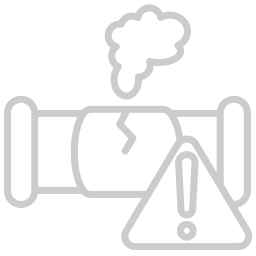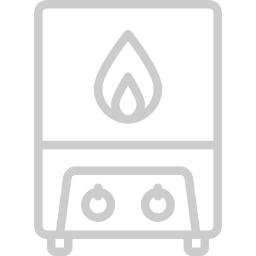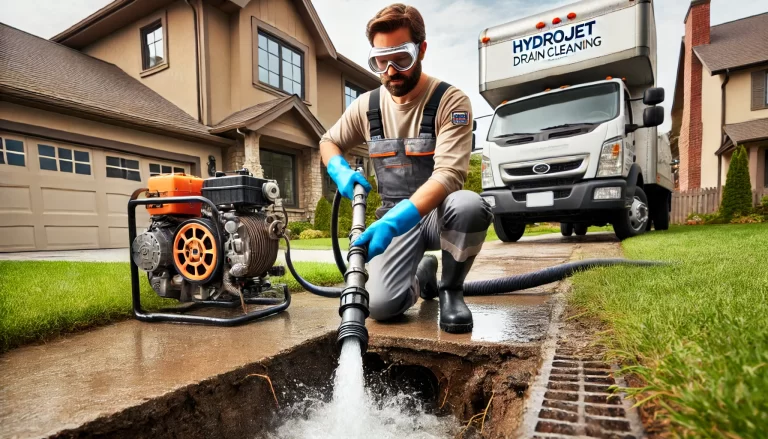How to Reduce Water Bill?
If you’ve noticed a sudden spike in your water bill, you’re not alone. Many homeowners experience unexpectedly high water bills due to various reasons, such as leaks, increased usage, or changes in water rates. Understanding the potential causes can help you identify the issue and take appropriate action to lower your water bill.
Why Is My Water Bill So High?
Leaks are one of the main contributors to a high water bill. It makes sense, too. If you think about the parts of your home that use the most water, your bathroom, kitchen, and outdoor watering system probably come to mind. A leak in any of these areas can waste a significant amount of water and drive up your bill. Another common reason for high water bills is a leaky faucet fixture. This type of leak is often due to a faulty rubber washer located in the handle area. Replacing this with a new one should stop the leak, a job you can do on your own, but for best results, you can opt for the services of a professional plumber. Toilet leaks can be even costlier and most are easy to fix. About 31 percent of residential indoor water usage in the US happens in the toilet, so a leak is always a possibility. When it happens, at least 6,000 water gallons can be wasted per day. Activity or seasonality can also contribute to increased usage. Hosting house guests or watering your lawn more often can lead to an uptick in running water. Lateral line leaks, where a crack in one of the underground pipes that supplies water to your home from your metered connection, can also cause leakage due to tree root intrusion, aging pipes, and seismic activities.
Knowing Your Water Bill
Before diving into potential causes, it’s essential to understand your water bill. Compare your latest bill to previous months or the same month from the previous year to identify any discrepancies. If your bill is based on average usage rather than actual meter readings, contact your water company to clarify the billing process.
How much is the average water bill?
The average American family spends more than $1,000 per year on water costs, according to the EPA. However, the average American household’s monthly water bill varies significantly depending on location, household size, and usage habits.
How are water bills calculated?
Water bills are typically calculated based on the amount of water used, measured in gallons or cubic feet. The water company charges a rate per unit of water. Which can vary depending on your location and the water company’s policies.
Ways to Save Water & Tips to Reduce Water Bill
If you suspect your water bill is higher than it should be there are several steps. You can take to identify the issue and reduce your water usage:
Search for water leaks around the house
Leaks are one of the most common causes of high water bills. Check all sinks, showers, tubs, toilets, and appliances for any signs of leaks. Even a small dripping faucet can waste hundreds of gallons of water over time. If you have an irrigation system, inspect areas with exposed pipes or junction boxes for leaks as well. To check for leaks, turn off all water-using appliances and fixtures. Then, check your water meter. If the dial is moving, you likely have a leak. You can also check for leaks by writing down the meter reading before going to bed and checking it again in the morning before using any water. If the reading has changed, you have a leak. For toilets, you can perform a simple leak test by adding a few drops of food coloring to the tank. If the colored water appears in the bowl within 30 minutes, you have a leak.
Buy Water-Saving Appliances
Upgrading to more energy-efficient appliances, such as low-flow toilets, washing machines, and dishwashers, can significantly reduce your water usage and lower your bills. Look for appliances with the EPA’s WaterSense or Energy Star certifications, which indicate they are designed to conserve water and energy. According to the EPA, the average American family could save almost $400 per year by using more energy-efficient appliances, which can cut water usage by 20% or more.
Turn Off Your Water
When not in use, make sure to turn off faucets completely. Leaving the tap running while brushing your teeth or washing dishes can waste gallons of water. Additionally, be mindful of your lawn and garden irrigation schedule, opting for early morning or late evening watering to minimize water loss due to evaporation.
Other Factors to Consider
Before assuming the worst, consider all possibilities. Ask all household members if their water consumption has been more than normal lately. A change in just one person’s habits can increase the water bill. If a clear billing error or faulty meter caused the high bill, you can request an adjustment from your municipal water department. Cases of meter misreading are not that many, but they do happen. If you think that your high water bills are due to a meter defect, you’ll need to contact your water company. Your town may have also increased its water rates. According to Bluefield Research, an advisory firm, average water and sewer bills have increased approximately 50% over the last decade and are expected to keep rising. Reasons for this higher cost include aging infrastructure, more advanced treatments to address water quality, and weather events.






